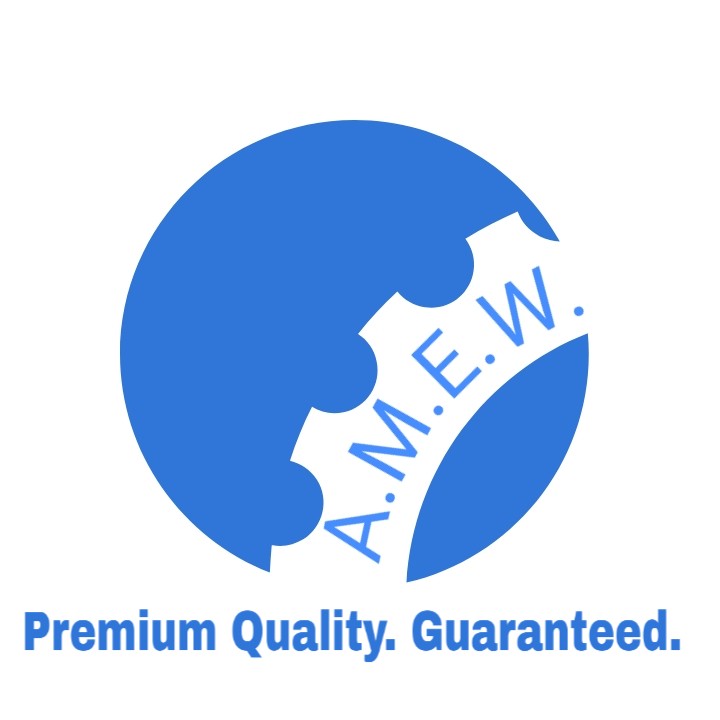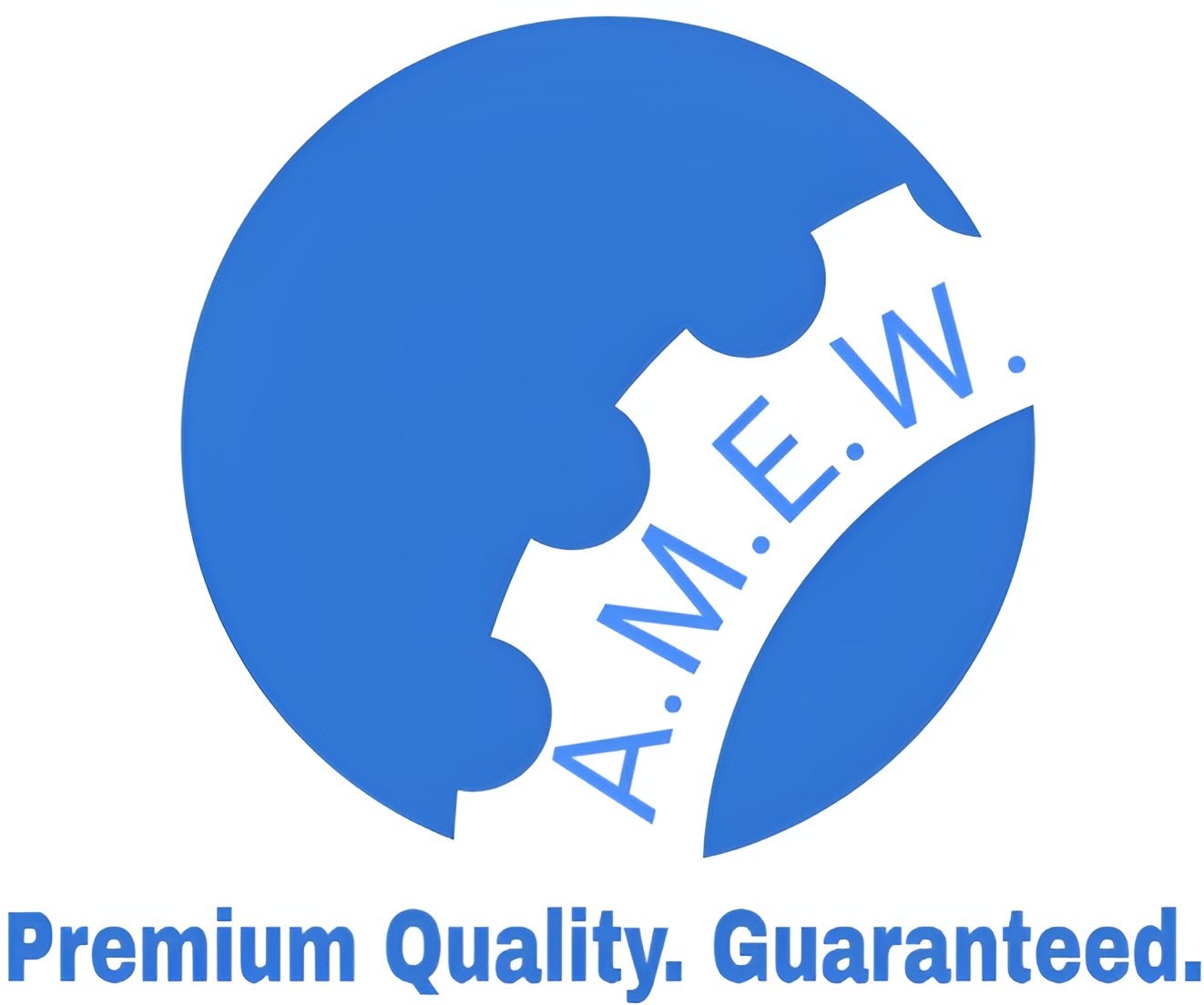Description
Somers: Leading Supplier of High-Quality Forgings for the Food Processing Industry
At Somers, we specialize in providing precision-engineered forgings for the food processing industry, a sector that demands hygienic, durable, and efficient equipment. With over 100 years of forging experience, we offer high-quality components designed to withstand the rigorous operational requirements of food production, including continuous operation, high loads, and exposure to corrosive substances.
Our food processing forgings are crafted using advanced forging techniques and premium materials, ensuring that they meet strict sanitary standards while offering longevity and resistance to wear and corrosion. From cutting blades and gears to shafts and rollers, Somers’ forgings are integral to the efficient operation of food processing equipment.
Table of Contents
- Applications of Forgings in Food Processing
- Key Forged Components for the Food Processing Industry
- Grades of Materials Used in Food Processing Forgings
- Benefits of Forged Components in Food Processing
- Certifications and Standards for Food Processing Forgings
- Why Choose Somers for Food Processing Forgings?
- Our Food Processing Manufacturing Capabilities
1. Applications of Forgings in Food Processing
The food processing industry relies on highly durable components that maintain their integrity under constant use and harsh environments, such as exposure to water, chemicals, and extreme temperatures. Forged components offer the strength and precision necessary for a wide range of equipment used in:
- Meat and Poultry Processing: Cutting and slicing equipment, conveyors, and deboning machines
- Beverage Production: Mixing tanks, bottling machinery, and filtration systems
- Dairy Processing: Pasteurization equipment, homogenizers, and separator systems
- Baked Goods and Confectionery: Dough mixers, extrusion systems, and cutting machinery
- Fruit and Vegetable Processing: Peelers, slicers, and packaging machines
- Grain and Cereal Processing: Rollers, hoppers, and sifters
- Packaging and Sealing: Conveyor systems, sealing machines, and labeling equipment
Forged components are used in virtually every step of food production, from preparation and cooking to packaging and distribution. The robustness of these components ensures smooth operations, minimized downtime, and increased productivity in processing plants.
2. Key Forged Components for the Food Processing Industry
Somers manufactures a wide variety of forged components for the food processing industry. These components are designed for high performance, long service life, and easy maintenance, helping food processors meet strict hygiene standards while ensuring operational efficiency.
2.1 Blades and Knives
Forged cutting blades and knives are critical for meat, poultry, and vegetable processing. These components are made to maintain sharpness and resistance to wear, ensuring precise cuts and high efficiency.
2.2 Rollers
Forged rollers are used in dough mixers, extruders, and conveyor systems. They are designed for smooth operation and high durability in continuous production environments, ensuring consistent product quality.
2.3 Gears
Forged gears are essential in food processing equipment like mixers, conveyors, and grinding machines. These components are engineered to handle high loads and constant motion, reducing wear and tear over time.
2.4 Shafts
Shafts play a key role in food processing machinery, transmitting power and motion between different machine parts. Forged shafts offer high strength, precision, and longevity, ensuring reliable operation in challenging conditions.
2.5 Valves and Fittings
Forged valves and fittings are used in fluid handling systems, such as beverage production and dairy processing, to control the flow of liquids and gases. These components are designed for corrosion resistance and easy cleaning.
2.6 Bearing Housings
Bearing housings in food processing equipment support rotating components like shafts and rollers. Forged bearing housings provide superior strength and resistance to contamination, ensuring long-lasting operation.
2.7 Custom Components
At Somers, we also produce custom-engineered forgings to meet the unique needs of food processing clients. Whether it’s a specific blade shape or a unique gear design, we can create tailored solutions to fit your exact requirements.
3. Grades of Materials Used in Food Processing Forgings
Choosing the right material for food processing components is crucial to ensure durability, sanitation, and corrosion resistance. At Somers, we use high-grade materials that meet food industry standards for cleanliness and performance.
| Material | Grade | Application |
|---|---|---|
| Stainless Steel | 304, 316L, 17-4PH | High corrosion resistance, used for blades, knives, and fluid handling equipment |
| Tool Steel | AISI D2, AISI A2 | Excellent hardness and wear resistance, ideal for cutting and slicing tools |
| Carbon Steel | AISI 1045, AISI 1060 | High strength and wear resistance, commonly used for gears and rollers |
| Nickel Alloys | Inconel 718, Monel K500 | Corrosion-resistant and high-temperature stability, used for valves and fittings |
| Aluminum Alloys | 6061, 7075 | Lightweight and corrosion-resistant, used in non-critical components like frames and housings |
| Titanium Alloys | Ti-6Al-4V | Lightweight and corrosion-resistant, used in specialized components where hygiene and weight are critical |
Each of these materials is selected based on the operational needs of the food processing equipment, ensuring that components offer high performance and reliability in the most demanding environments.
4. Benefits of Forged Components in Food Processing
Forging offers numerous advantages for the food processing industry compared to other manufacturing methods like casting or machining.
4.1 Enhanced Strength and Durability
Forging improves the grain structure of the metal, leading to stronger and more durable components. This is critical for components like blades and gears that must endure constant use and high loads.
4.2 Superior Corrosion Resistance
Many of the materials used in food processing forgings, such as stainless steel and nickel alloys, are highly resistant to corrosion and chemical exposure, making them ideal for use in wet and acidic environments.
4.3 Improved Wear Resistance
Forged components are more resistant to wear and abrasion due to the compressive forces applied during the forging process. This is essential for parts like rollers and cutting blades, which are subject to continuous friction.
4.4 Better Sanitation and Cleanability
Forged components often have smoother surfaces compared to cast or machined parts, making them easier to clean and sterilize—an important factor in maintaining hygiene in food processing environments.
4.5 Customizable to Specific Needs
Forging allows for a wide range of customization options in terms of size, shape, and material selection, making it possible to create components that are perfectly tailored to the unique requirements of your equipment.
5. Certifications and Standards for Food Processing Forgings
At Somers, we are committed to delivering forgings that meet the highest quality standards for the food processing industry. Our manufacturing processes are certified to ensure that all products adhere to strict sanitary and safety requirements.
Common certifications and standards include:
- ISO 9001: Quality management system for consistent product quality
- FDA Compliance: Materials and products that meet Food and Drug Administration (FDA) standards for use in food processing equipment
- 3-A Sanitary Standards: Components designed to meet 3-A standards for cleanability and material safety in dairy and food processing applications
- NSF Certification: Materials and products certified for use in food and beverage processing environments
These certifications ensure that our components are manufactured to the highest industry standards for safety, sanitation, and performance.
6. Why Choose Somers for Food Processing Forgings?
6.1 Industry Expertise
With decades of experience in forging components for the food processing industry, Somers understands the unique challenges of this sector. Our team works closely with clients to develop solutions that meet the specific demands of food production.
6.2 High-Quality Materials
We use only the highest quality materials to ensure that our forgings provide long-lasting performance in the harsh conditions of food processing environments.
6.3 Custom Solutions
At Somers, we offer tailored forging solutions that are designed to meet the exact specifications of your equipment, ensuring that every component is perfectly suited to your operational needs.
6.4 Commitment to Hygiene and Safety
We understand the importance of hygiene in the food processing industry, which is why our forgings are designed for easy cleaning and sterilization, helping you maintain the highest sanitary standards.
7. Our Food Processing Manufacturing Capabilities
Somers has advanced manufacturing capabilities that allow us to produce a wide range of forged components for the food processing industry. Our state-of-the-art facility includes:






